In September 2016, I received an honorary PhD from the Open University in the UK. In the photo above, I am standing with OU Professor Mark Fenton-O’Creevy who presented me at the ceremony.
Here is the text of my remarks:
Professor Kelley, distinguished guests, graduates, and friends of the University
It is a great honor to be here with you today to accept this honorary degree; and thank you, Mark, for your good words about my work.
And I am especially honored that this honorary degree is from the Open University, given the vision this university has of its function in the world: its commitment to offer higher education to everyone – and in many cases to teach in connection with practice.
And what a surprise! As Mark mentioned, I am mostly known for my work on social learning theory. I remember participating in an online conference and the organizers had high-school students introduce the speakers. We had a preparatory teleconference with these students and they asked me how one becomes a famous learning theorist. Well, you don’t.
You chug along, taking one step after the next, trying to pursue a question that you find important. For me, it was making sense of how we learn as human beings, given that we are fundamentally social beings. At the time, learning was mainly viewed as putting stuff in your head. But for me it was, how do we make meaning with all that.
And then you happen to do something that is just right for the time. For me it was articulating the concept of a community of practice as the keystone of a learning theory. A community of practice is any group of people who interact and negotiate an area of human competence – a group of engineers in a company, academics in an area of research, or members of a street gang. And from that perspective, you can think about the human world as a complex landscape of a myriad of different and interrelated communities of practice.
Since then, this theory has had an amazing career because it has changed the way people think about learning. Viewed this way, learning is much more than simply the acquisition of information and skills.
Let me give you an example. The age of the universe is about 13.8 billion years. For most people this is a fact. Part of the basic curriculum.
But it is a bit more complicated than that. For instance, in the southern US, there are people who claim that the universe is 6000 years old.
Why do I think that the universe is 13.8 billion years old? I know something about how each community achieves its result. And I choose to be accountable to the products of the astronomers community of practice.
I also choose not to follow my own intuition about this result, which says that it should be a lot more. 13.8 billion is not all that large. It’s about 2 years for every human on earth today. Which is not that much. Much less that the budget of the department of defense.
So according to our learning theory a fact is a lot more complicated than a fact. It is an orientation to a landscape of practice. And there it becomes part of who I am to subscribe to this notion that the universe is 13.8 billion years old.
And I hope this university experience has helped you orient yourself in this complex world. Know who you are, where you are, where you can go, what you can do. What has been put in your head that can be tested in exams, this is stuff you can find by googling. But this perspective on the world, which expands the meaning of who you are, this is something precious that can’t be achieved so easily.
Developing this kind of knowledgeability about our world is really important today – because we have important work to do, to avoid misery in this world, and to avoid a total disaster. Nothing it guaranteed. It is up to us to make sure this human experiment is not a failure. And each of us has to orient ourselves in this complex landscape of practice to figure out how to do our part.
Thank you very much.
